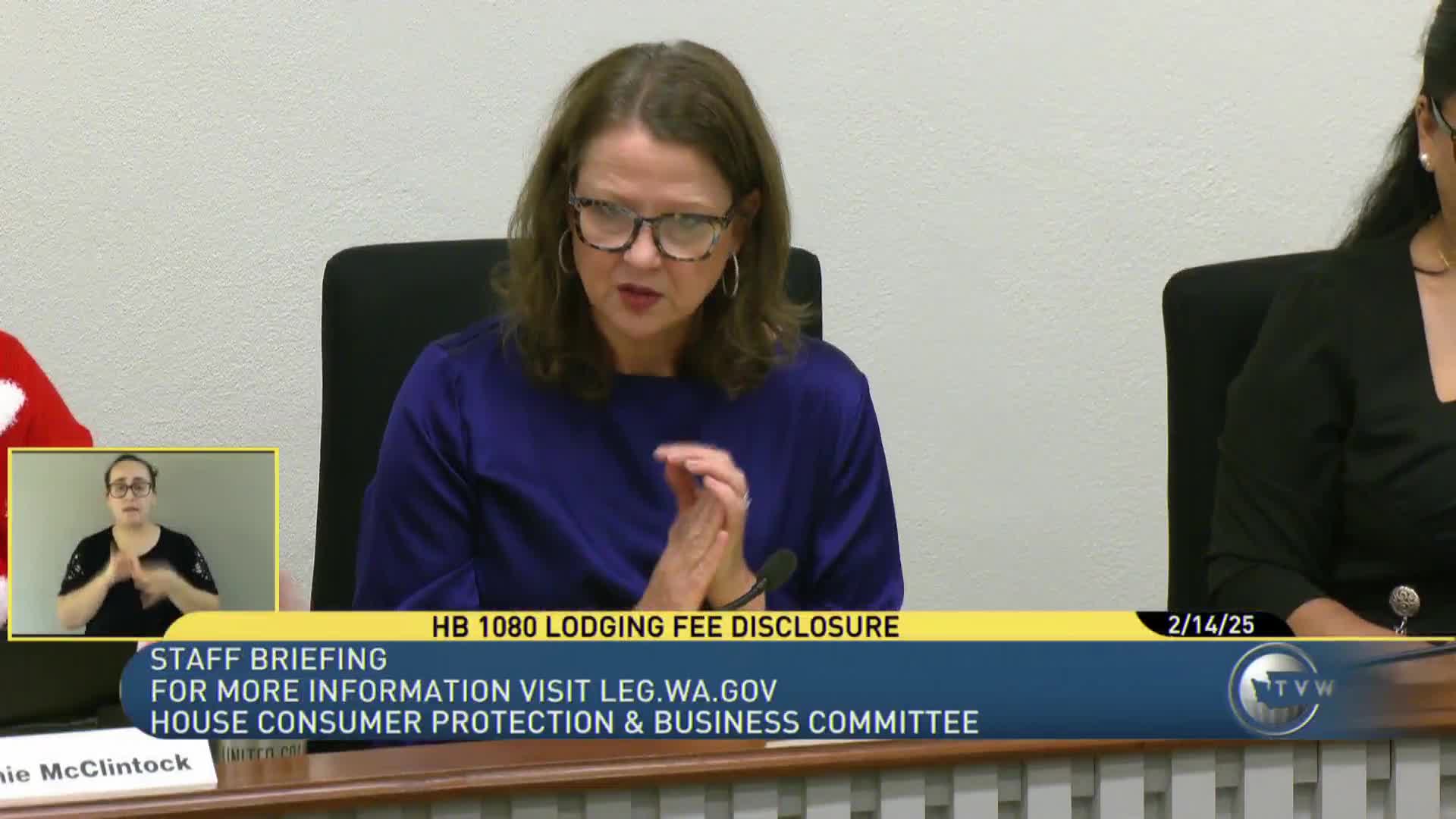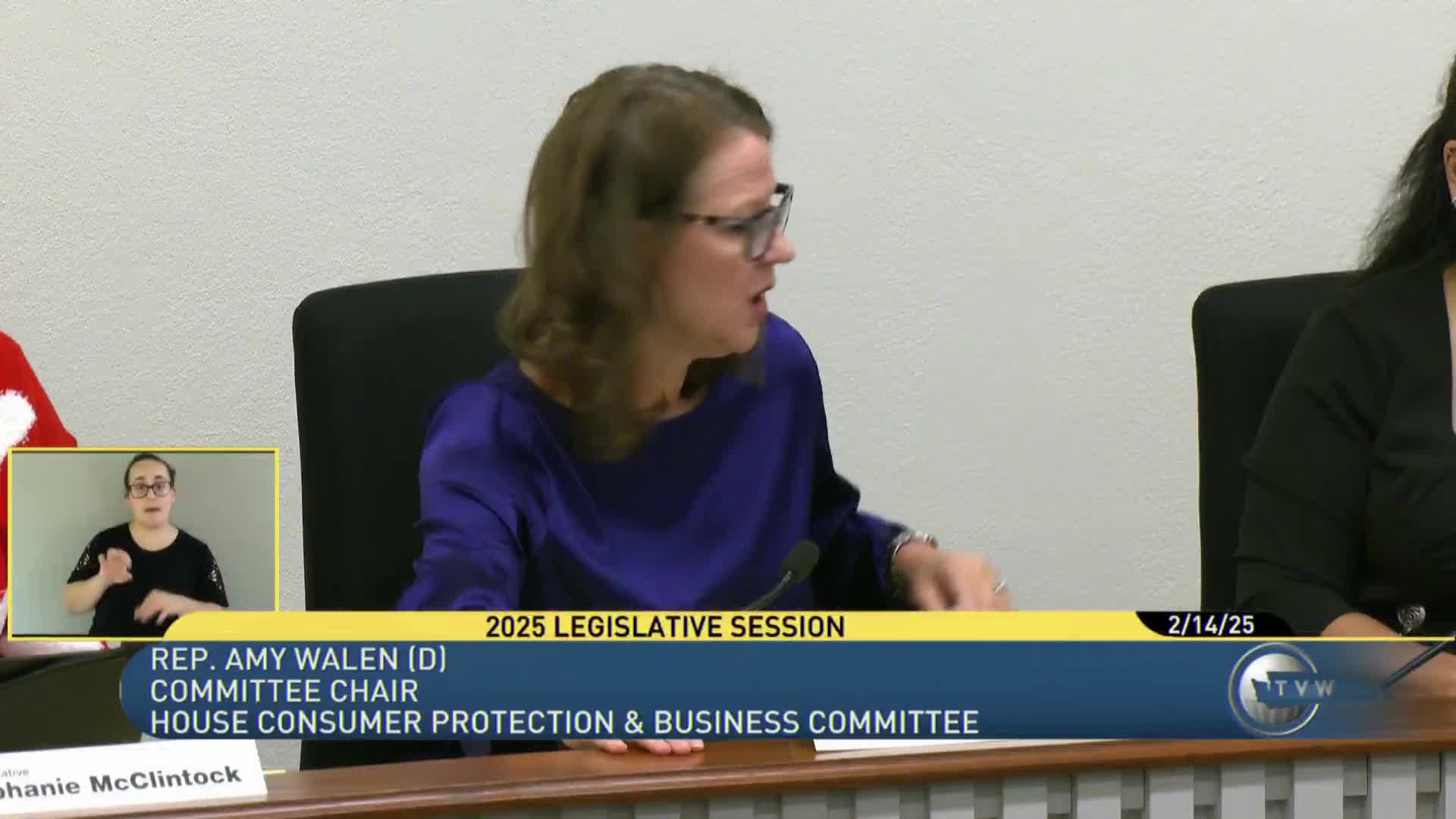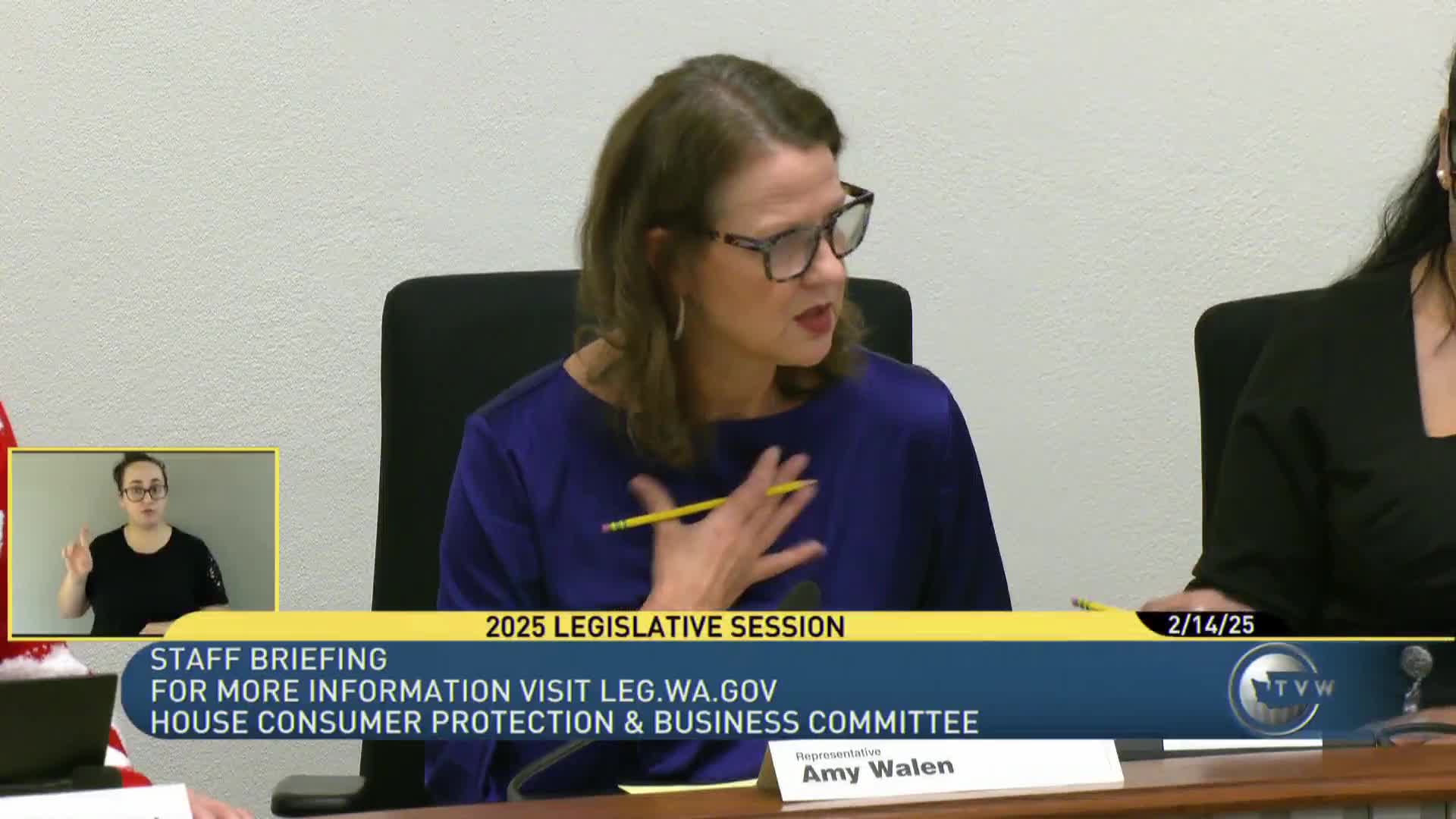Article not found
This article is no longer available. But don't worry—we've gathered other articles that discuss the same topic.

Committee hears bill to allow direct sales by zero-emission vehicle manufacturers; testimony splits industry and labor, dealers warn of rural impacts

House Bill 14-64 would license home-equity-sharing originators; supporters say oversight needed, opponents call product predatory

